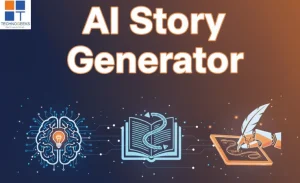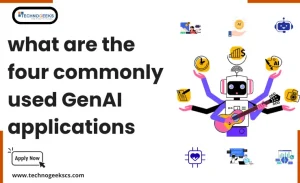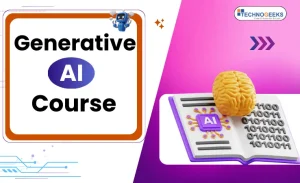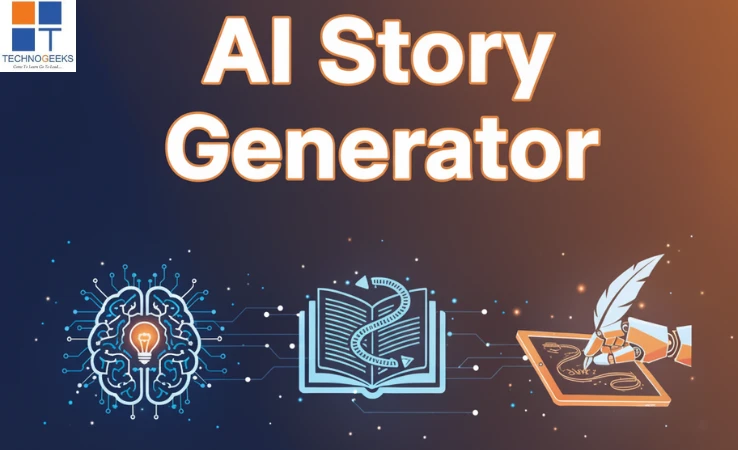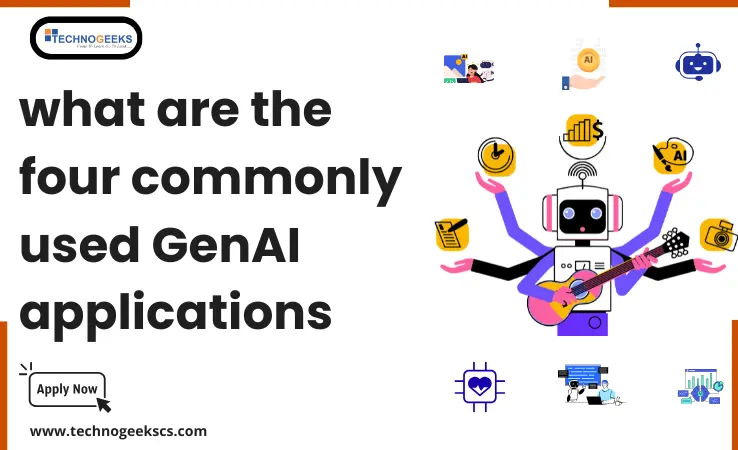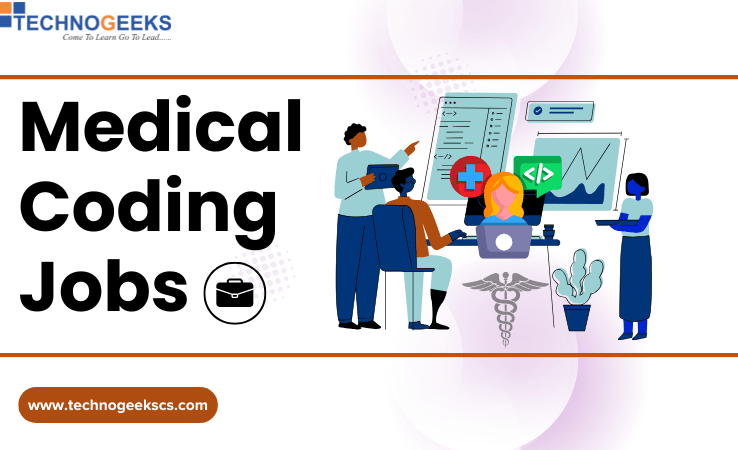Table of Contents
ToggleWhat Is Generalization In DBMS
In the field of database management systems (DBMS), generalization is a basic concept that simplifies complex data structures. It allows us to organize data into hierarchical relationships, enabling efficient storage, retrieval, and manipulation of information.
In this blog post, we will explore the concept of generalization in DBMS with examples. By the end, you will have a clear understanding of how generalization simplifies data management and enhances database functionality.
| Do you want to learn SQL Programming?Click on the link below to know more about Technogeeks SQL Training In Pune👇 |
What is Generalization In DBMS?
Generalization is a process in DBMS where a higher-level, generalized entity is derived from multiple lower-level, specialized entities. It involves identifying common attributes and relationships among entities and creating a more abstract representation that encompasses those shared characteristics. Overall, generalization takes a bottom-up approach, starting from specific details and gradually building a more abstract and comprehensive representation of the data.
Let’s consider a simple example of generalization using the concept of vehicles.
In this example, we have various types of vehicles. Each of these vehicle types has specific attributes and behaviors. However, they also share common characteristics. We can use generalization to create a higher-level, more abstract entity called “Vehicle” that encompasses these shared attributes.
Specialized Entities:
- Car:
- Attributes: Brand, Model, Color, Number of Doors
- Behaviors: Accelerate, Brake, Steer
- Motorcycle:
- Attributes: Brand, Model, Color, Engine Capacity
- Behaviors: Accelerate, Brake, Lean
- Bicycle:
- Attributes: Brand, Model, Color, Number of Gears
- Behaviors: Pedal, Brake, Steer
Generalized Entity:
- Vehicle
- Attributes: Brand, Model, Color
- Behaviors: Accelerate, Brake
We can see that cars, in this example, motorcycles, and bicycles all share attributes like brand, model, and color.
Similarly, they have common behaviors like accelerating and braking. By generalizing these attributes and behaviors, we create the entity “Vehicle” that captures the shared characteristics among different types of vehicles.
The advantage of this generalization in DBMS is that we can now treat all vehicles in a more abstract and unified manner. We can perform operations and queries on the generalized “Vehicle” entity, which will automatically apply to all specialized entities.
For instance, if we want to retrieve the brand & color of all vehicles, we can simply query the “Vehicle” entity. The results will include cars, motorcycles, and bicycles.
Overall, this example illustrates how generalization simplifies data structures by identifying shared attributes and behaviors among specialized entities, leading to a more concise and organized representation of data.
| Want To Start A Career In The IT Industry?Get Free Career Counseling – 8600998107 / 7028710777 |
The Benefits of Generalization
Simplified Data Structures
Generalization reduces complexity by eliminating redundant attributes and relationships. It allows us to represent multiple entities with similar properties using a single, generalized entity. This simplification leads to more concise and manageable data structures.
Improved Data Integrity
Generalization promotes data integrity by enforcing consistency and eliminating duplication. When attributes are generalized, data inconsistencies arising from redundant information are minimized. Changes made to the generalized entity automatically spread to the specialized entities, ensuring data integrity across the entire hierarchy.
Enhanced Querying and Analysis
Generalization simplifies querying and analysis by providing a unified view of related entities. Instead of querying multiple specialized entities separately, we can query the generalized entity to obtain aggregated information. This simplifies complex analytical tasks and improves performance.
Increased Flexibility
Generalization offers flexibility in adapting to evolving data requirements. As new specialized entities emerge, they can easily be incorporated into the existing hierarchy. This adaptability enables the database to handle changes efficiently and accommodate future expansions.
|
Practical Applications of Generalization
Inheritance in Object-Oriented Programming
There is a key concept in object oriented programming called Generalization. It is used to define inheritance relationships between classes. By inheriting attributes and behavior from a superclass, subclasses can specialize and extend the functionality of the generalized entity.
Data Warehousing and Business Intelligence
Generalization plays an important role in data warehousing and business intelligence systems. Hierarchies are created to organize and summarize data at different levels of granularity, facilitating multidimensional analysis and decision-making processes.
Taxonomy and Categorization
Generalization is commonly used in organizing and categorizing data in various domains, such as e-commerce, content management systems, and scientific databases. It allows for the classification of items into hierarchical categories, enabling efficient searching, filtering, and retrieval of information.
Data Modeling and Database Design
Generalization is a fundamental concept in data modeling, used to create entity-relationship diagrams (ERDs) and define relationships between entities. It helps in designing efficient and scalable database schemas that accurately represent the real-world domain.
Conclusion
Generalization is a powerful tool in DBMS. It simplifies complex data structures, enhances data integrity, and improves database functionality. By deriving generalized entities from specialized entities, we can effectively manage data hierarchies, simplify querying and analysis, and adapt to changing data requirements.
Understanding generalization in DBMS and its practical applications empowers us to design efficient databases and leverage the benefits of hierarchical data organization in various domains.
That’s everything you need to know about Generalization In DBMS ! I hope you’ve gained some new knowledge from this Blog.




